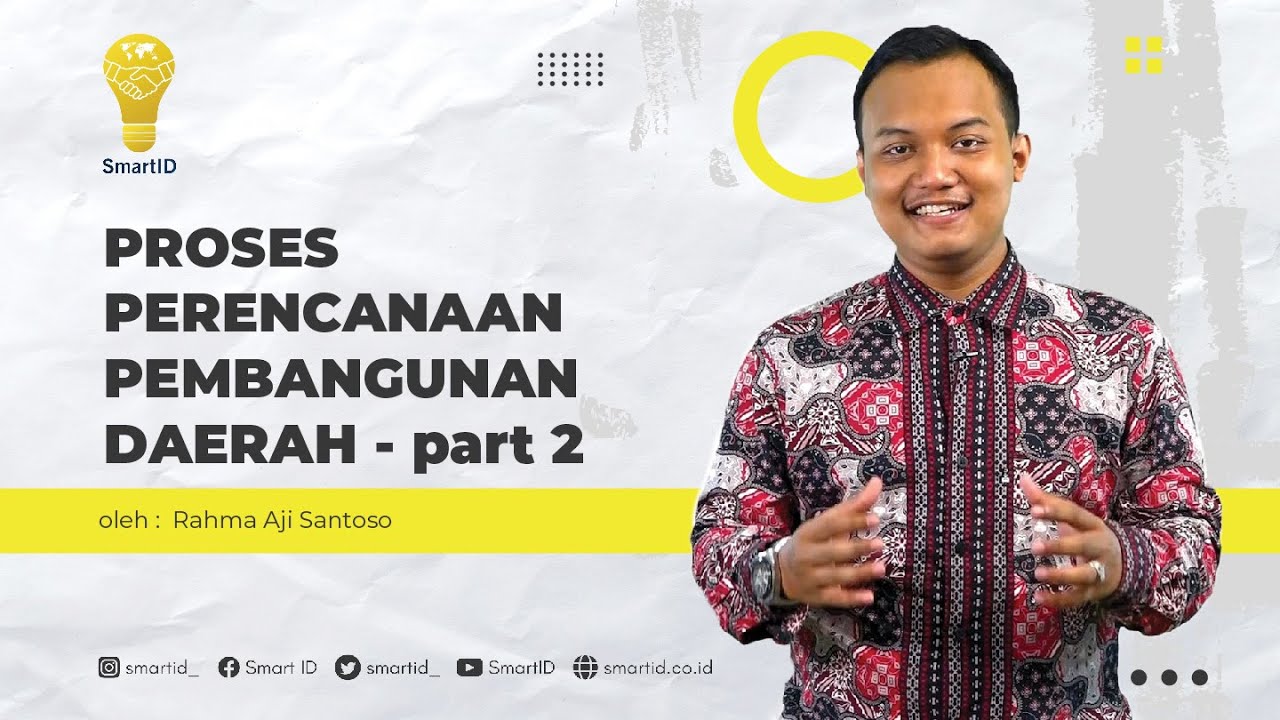Futurism and the "Bahala Na" Culture | Guillermo Santos | TEDxLyceumPhilippinesUniversity
Summary
TLDRThe speaker, at 86 years old, optimistically addresses the future, highlighting the importance of futurism in planning and decision-making. He discusses the corporate world's use of futurism for productivity and social responsibility, and its application in medicine and education. The speaker emphasizes the significance of understanding national history, current events, and global trends to predict and shape the future. He shares personal experiences from wars and intelligence gathering, illustrating the impact of futurism on historical outcomes. The talk concludes with the qualities needed to be an effective futurist, including maturity, analytical skills, and effective communication.
Takeaways
- 😀 The speaker, at 86 years old, humorously claims to be the oldest in the room and uses this as a segue to discuss the future.
- 🌟 The speaker is optimistic, suggesting that even those with Alzheimer's have an advantage in making new friends due to their condition.
- 📈 The speaker predicts a significant increase in Alzheimer's cases due to an aging global population, projected to reach 10 billion by 2050.
- 🏢 Corporate leaders use futurism to strategize for increased productivity, profitability, and shareholder benefits, also considering corporate social responsibility.
- 🤔 There's a critique of the current state of pharmaceuticals and doctors, suggesting a decline in bedside manners and an increase in patient demands.
- 🏥 The speaker discusses the role of futurism in medicine, education, and strategic planning, emphasizing its importance in various sectors.
- 🌐 The speaker highlights the geopolitical competition in the Asia-Pacific region, driven by economic progress and strategic intelligence gathering.
- 🛠️ Futurism is compared to master planning in architecture and engineering, where a blueprint is followed with strict timelines.
- 🔮 The speaker distinguishes between serious futurism and the more frivolous fortune-telling, emphasizing the importance of evidence-based prediction.
- 📚 The speaker outlines the qualities of a futurist, including being an optimist, having a mature and analytical mind, and being an effective communicator with a well-rounded background.
Q & A
What is the speaker's age and what is his perspective on the future?
-The speaker is 86 years old and he is an optimist when it comes to discussing the future. He humorously points out that those with Alzheimer's have the advantage of making new friends every second, emphasizing the need to look at things positively.
What is the speaker's view on the increase in Alzheimer's cases in the future?
-The speaker acknowledges that with the world's growing population, expected to reach 10 billion by 2050, there will be a significant increase in Alzheimer's cases. He mentions this as a future challenge, particularly noting the aging populations in countries like China and Japan.
What does the speaker think about the practice of corporate planning in relation to the future?
-The speaker views corporate planning as a form of futurism, where corporate leaders isolate themselves to strategize on making their companies more productive and profitable, while also considering corporate social responsibility.
How does the speaker connect the future of medicine with artificial intelligence?
-The speaker implies that the future of medicine is intertwined with the advent of artificial intelligence, suggesting that AI will play a significant role in how healthcare is delivered and managed.
What is the role of Futuristics in education according to the speaker?
-In the context of education, Futuristics involves curriculum planning where schools, referred to as 'Futuristics,' isolate themselves to strategize on increasing enrollment, profitability, and community usefulness, as well as contributing to national development.
What does the speaker mean by 'strategic intelligence gathering' in the context of national security?
-The speaker refers to 'strategic intelligence gathering' as a vital factor for national security, where diplomats and soldiers collect information to predict and plan for potential conflicts, which can determine the outcomes of wars.
How does the speaker describe the role of economic progress in geopolitical competition?
-The speaker emphasizes that in the 21st century, economic progress is a key factor in geopolitical competition. Governments compete to excel economically, which in turn influences their geopolitical strategies, including arms races and territorial claims.
What is the speaker's opinion on the importance of futurism in personal and national development?
-The speaker believes that futurism is crucial for both personal and national development. It allows individuals and nations to make informed decisions based on current and projected trends, which can lead to better outcomes and progress.
How does the speaker reflect on the Philippines' economic decline and its relation to futurism?
-The speaker laments the Philippines' economic decline from being the second biggest economy in Asia to its current position, attributing it partly to a lack of futurism. He suggests that a mindset change is necessary for the country to progress economically.
What qualities does the speaker identify as essential for a futurist?
-The speaker identifies several qualities as essential for a futurist: being an optimist, having maturity in age and experience, possessing an analytical and critical mind, having a well-rounded background, being an effective communicator, dealing with reality, and thinking globally while acting locally.
Outlines

このセクションは有料ユーザー限定です。 アクセスするには、アップグレードをお願いします。
今すぐアップグレードMindmap

このセクションは有料ユーザー限定です。 アクセスするには、アップグレードをお願いします。
今すぐアップグレードKeywords

このセクションは有料ユーザー限定です。 アクセスするには、アップグレードをお願いします。
今すぐアップグレードHighlights

このセクションは有料ユーザー限定です。 アクセスするには、アップグレードをお願いします。
今すぐアップグレードTranscripts

このセクションは有料ユーザー限定です。 アクセスするには、アップグレードをお願いします。
今すぐアップグレード関連動画をさらに表示

Future Thinking - Fundamentos do Pensamento Futurista - Apresentação

Std 12 OCM | Ch-3 | Part-1 | Planning | Gseb English Medium | By Divya Kathiriya

The Age of Aisha (ra) | شادی کے وقت سیدہ عائشہ کی عمر | M.Hassan Ilyas | Hamza ali Abbasi

How Men RUIN Their Lives in Their 20s (from a 40+ Man’s Perspective)

Proses Perencanaan Pembangunan Daerah - Part 2

SOFTSKILL & KARAKTER MENJAWAB TANTANGAN REVOLUSI INDUSTRI 4.0
5.0 / 5 (0 votes)
